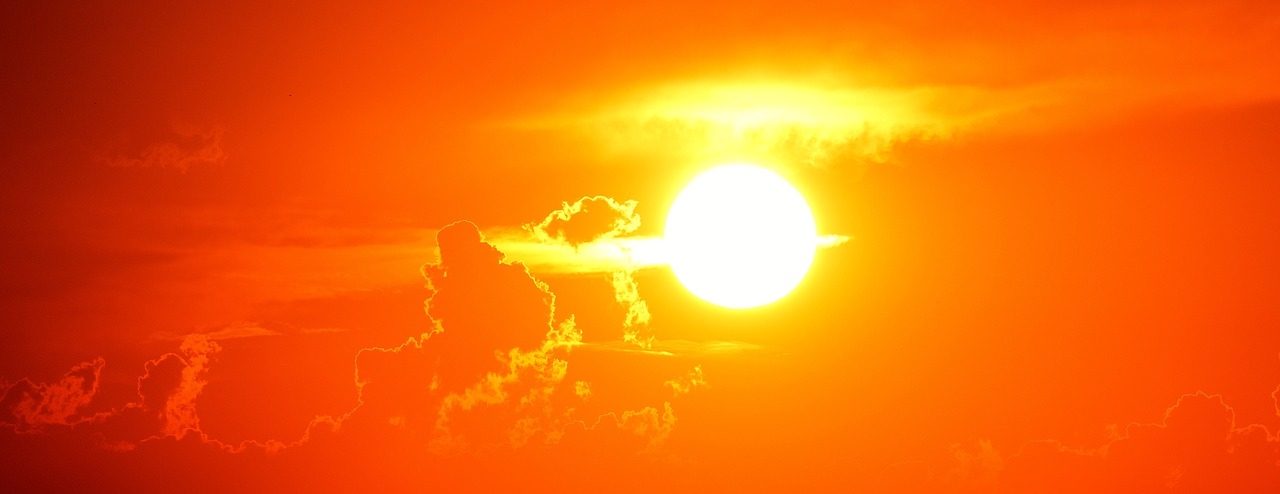
The Politics of Heat Waves
This week, Ottawa survived our highest recorded temperatures ever. The humidex in Ottawa on Canada Day was 47, and has remained in the forties most of the week.
All around the world, the heat has reached incredible heights this summer. In Scotland, a new high of 33 Celsius was recorded. In Armenia, 42 Celsius. In Quebec, 18 people have died as temperatures soar and homes without air conditioning heat up like ovens. There have been several public service announcements reminding Ottawa that the elderly, the very young, and those with pre-existing health conditions are most at risk in the extreme heat.
While the heat wave is set to break by the weekend, this article points to the unequal distribution of resources as the culprit for the life-threatening conditions some individuals have been placed in. Through climate change, those with low income can experience life-threatening heat. Canada has social programs and shelters to deal with the bitter cold. But life-threatening heat seems to be a new phenomenon to the residents of our cities.
Lack of access to cool air in a heat wave of this severity comes down to a combination of issues. It is an economic issue because access to air conditioning is expensive. It is a social issue because the most vulnerable of our population is affected. It is an environmental issue because climate change indicates we will see these temperatures regularly in the coming years. As it stands, Ottawa’s system for dealing with this type of heat is not sustainable. The city provides some services for relief, including splash pads and water quality testing for the beaches to allow us safe and informed access. Local malls blast the cold air and welcome visitors to take a stroll. However, the most vulnerable of our populations are often not able to leave their homes because of disabilities or illness, and some are even homeless and are often made to feel unwelcome in public spaces.
Public healthcare in Canada is something we are all proud of. It is often seen as what sets us apart from other countries. We may, however, need to rethink our approach to environmental and public health. Our structures and buildings are made to withhold extreme cold in the winter –can we also implement natural cooling systems? Our bylaws ensure that all homes must have access to heating in winter. Air conditioning and relief from the summer heat has been viewed as a luxury until now –do we need to change our attitude and address summer heat with a public health mindset? If we are to see many more heat waves like the one we cannot simply ignore the symptoms.










